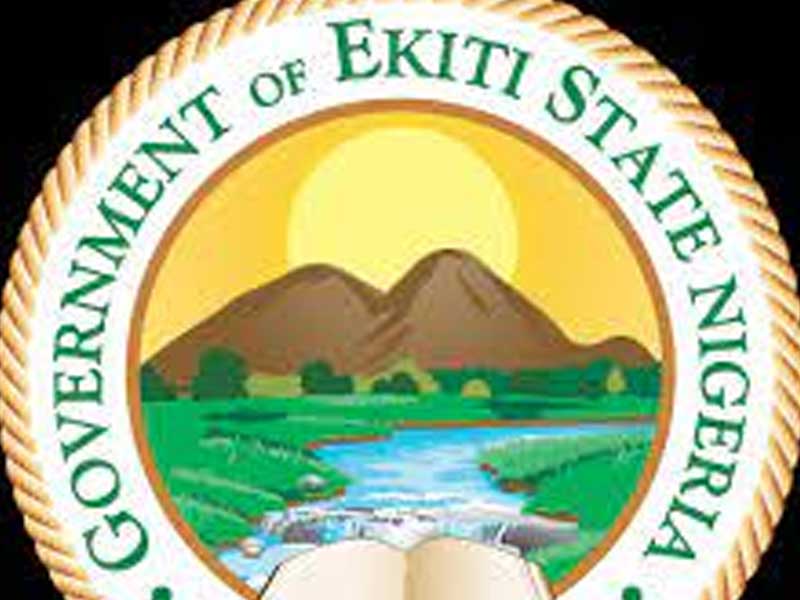- Warns Against Consumption Of Hides, Smoked Meat, Others
EKITI STATE government has urged residents of the state to abstain from the consumption of hides (Ponmo), smoked meat and bush meat, saying that they pose a serious risk of Anthrax infection until the situation is brought under control.
A statement, jointly signed by the state’s Commissioner for Health and Human Services, Dr Oyebanji Filani, and Special Adviser to the Governor on Agriculture and Food Security, Ebenezer Boluwade, said the alert became necessary in view of the pressing health challenges and importance of being aware of and taking preventive measures against Anthrax.
“Anthrax is a serious disease that affects both animals and humans (Zoonotic). It presents flu-like symptoms, such as cough, painless sores with a black centre appearing after the blister, fever, and muscle aches, and if not diagnosed and treated promptly, it can lead to severe complications, including pneumonia, respiratory problems, shock and even death.
“There is a critical need to intensify the vaccination of animals at risk. Proper vaccination protocols should be followed to ensure the health and well-being of livestock.
“Any suspected or infected animals exhibiting the aforementioned symptoms should be buried deep into the soil, along with the equipment used in the burial. Prior to burial, appropriate chemicals should be applied to kill the Anthrax spores, ensuring containment and preventing further spread.
“Environmental and personal hygiene must be strictly observed in places where by-products like hides (Ponmo), bone meal and blood meal are produced. These areas should be maintained in a clean and sanitized condition to minimize the risk of contamination.
“We specifically encourage persons at risk, such as people who handle animals, people who consume dead animals, healthcare workers, law enforcement officers and anyone who recently travelled to a location with a confirmed Anthrax case, to take their hygiene practices seriously.
“If Anthrax is suspected and an animal eventually dies, it is vital not to open the carcass. Instead, promptly contact a veterinarian who will perform aseptic procedures to collect blood samples for analysis from the peripheral blood vessels.
“Any area or soil where a suspected dead animal is found should be thoroughly decontaminated. This measure is essential to preventing further transmission and ensuring a safe environment.
“Always contact the regional veterinary officer, who will, in turn, report to the Director of Veterinary Services in the state, to report any suspicion based on the aforementioned signs,” the statement added.
Credit: thestreetjournal.org
Eighteen-Eleven Media


